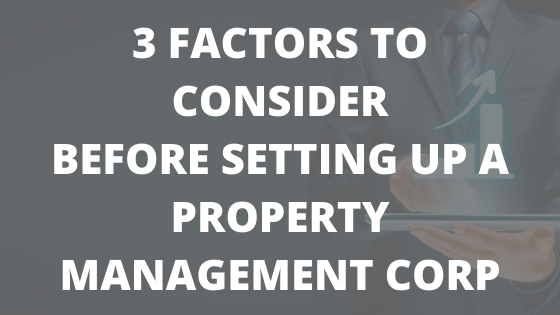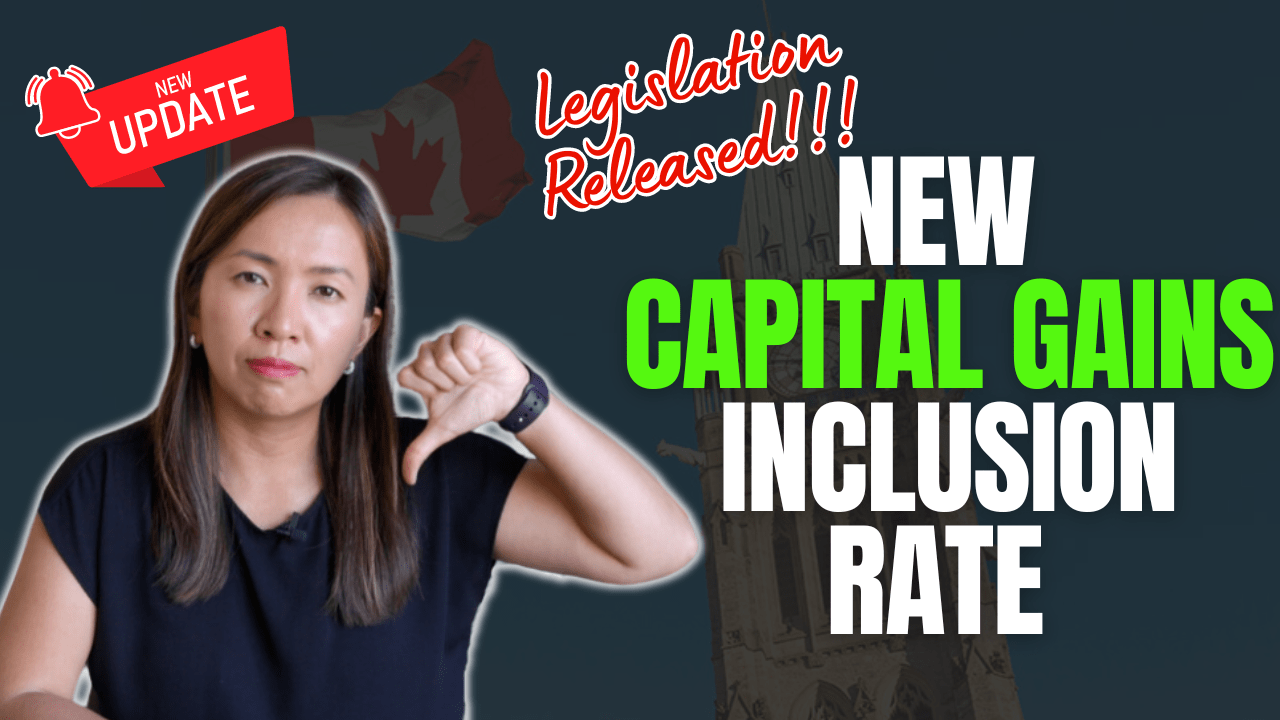It was supposed to be a fun filling weekend.
It was Chinese New Year and we got to spend Chinese New Year with our families. Happy times.

When we first found out that Kobe Bryant, the famous super star in NBA, passed away, all of us were shocked.
I mean, he’s only 41. He just got his post retirement career starting. He’s running training camp. He’s finally spending more time with his family.
We all remember him differently. To me, it is his perseverance that he did whatever it took to win the game and scored.
“When we are saying this cannot be accomplished, this cannot be done, then we are short-changing ourselves. My Brain, it cannot process failure. It will not process failure. Because if I have to sit there and face myself and tell myself ‘you are a failure,’ I think that is almost worse than dying.” ~ One of my favourite Kobe’s quote.
May he, his daughter Gigi and the rest people who were on board rest in peace.
Now onto this week’s topic. Someone asked on Facebook, ‘is it possible to setup a property management company (a corporation) to charge my personally owned real estate portfolio?’
Why would someone setup a corporation just to do property management?
Well, corporation is a separate legal entity. It files its own tax return and has a different set of tax rules applied.
Tax rate on Active Business income for a small business is only 12.5% in Ontario in a corporation.
On the other hand, highest marginal tax rates in Ontario can be as high as 53.5%.
The delta can be as high as 41%! Crazy, isn’t it?
This taxpayer was asking on Facebook if he can shelter some of his income from his personal rental business to a property management corporation that he owns so he can save as high as 41% taxes.
Technically speaking, the answer is yes. Your property management company can charge you a property management fees so you only need to pay 12.5% tax on a portion of the income.
BUT…
There’s two big BUT…
- Is it worth it?
Income Tax Act is designed in a way that you would pay more or less the same amount of tax whether you own a business in your personal name vs. corporation, assuming that you take all the after tax profit from the corporation out in the same year.
What it means is that if this taxpayer is at 53.5% marginal tax rate, he would have paid 50% on the property management fee his PM corp charges him.
Say the property management fee would have been $10K, if he didn’t set up a property management corp, he would have paid $5,350K personal income tax.
Now, if he setup the property management corp which charges $10K property management fees against his personally held properties, he would have paid 12.5% tax on the $10K that is $1,250.
After tax profit available is $8,750 in the corporation.
Now if he takes the $8,750 after tax profit from the corporation in the same year to the personal name, he would need to report this $8,750 as income in his personal return. Highest marginal tax rate on dividend income is 47.40% = $4,147.50
Total tax = $1,250 + 4,147.50 = $5,397.50.
If the taxpayer does not charge, he pays $5,350. If he charges through his PM corp and takes all income out in the same year, he pays $5,397.50.
The tax payable are more or less the same amount. This is the result of tax integration.
But…
If you don’t need the money in the corporation, you don’t have to take the $8,750 to take it out to your personal level.
You can defer a potential $4,100 taxes to the future year.
Is it worth it? It really goes to your need and your situation. If you don’t need the money, a saving of $4,100 is significant. If you need the money, then there’s really no point setting it up.
Before you go ahead to set up your property management company, make sure you are also aware of the corporation setup cost, which is roughly $2,000 and the corporation filing cost is also higher than most personal tax return.
2. Would CRA catch me?
That depends.
It depends on the paperwork involved, it depends on the amount your are charging, it depend on whether there’s cash transaction involved.
The amount charged by your PM corp has to be reasonable, documentation needs to support the amount, cash must be transferred to the appropriate bank account.
If you don’t have the proper paperwork and documentation to support your PM corp, CRA can potentially challenge your arrangement and you may lose the tax deferral benefit.
3. Are there any other catch?
Absolutely.
As I am going through my mortgage refinancing, income from your rental properties seem to play a role in terms of mortgage financing.
As a taxpayer, you should also consider the HST impact on charging property management fees. In Canada, property management service is subject to HST.
If your personal portfolio consists of mostly residential properties, you would not be able to offset the HST you pay on property management service.
Yes, you can get exempted if your gross revenue is under $30,000 under the small suppliers’ exemption.
But this also means that you will always have to stay under $30K, limiting the opportunity to further defer your taxes.
It’s not an easy answer. Everyone’s situation is different. Make sure you speak to a qualified accountant before you setup a corporation, understand your long-term objective and design your plan from there.
Until next time, happy Canadian Real Estate Investing.
Cherry Chan, CPA, CA
Your Real Estate Accountant






Christian Ratcliffe
Perfect Timing on this blog article Cherry! Looking forward to speaking to you this week!
Grant
Question on this post. In case where Prop Mgmt incorporated, could you not withdraw funds as dividend(s) (to self, partner, kids… shareholders, possibly active in business) at a lower tax rate than personal income tax up to $30-35K?
Cherry Chan
Hi Grant, great question. Before Justin Trudeau implemented the new TOSI rule, you could technically declare dividends to your family members without them involved in the business actively.
You can of course still declare dividends to yourself, but when you declare dividends to yourself, you are adding income to your personal name. If you already are reporting a salaried job, you’re taxed at a slightly better rate than your marginal tax rate. It helps, but not much.
It really goes back to your particular situation, make sure you speak to a good accountant to avoid these new tax traps.